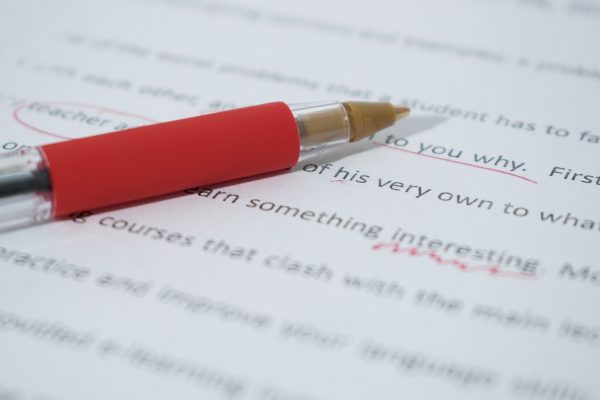Published: June 20, 2017

So you’ve written a novel, and hiring an editor is absolutely out of the question. If you cannot trade for services or bribe one, here are a few tips for editing, in no particular order, that you might find useful when self-editing.
Grammar, punctuation and layout:
- Use the search feature in your text program to look for things like double punctuation marks (periods, commas, etc.), quote marks followed immediately by a period, or other odd text anomalies.
- Place punctuation marks inside quotes, in almost every case
- Be consistent with capitalization in chapter titles and subheads.
- When you are reviewing, be sure to turn on the spelling and grammar controls in your word processing program (usually under system preferences) and pay attention when you see green or red squiggly lines under a word or phrase. Think of those lines as queries: You may have made a deliberate word choice that the computer is not comfortable with, but it may be something you need to fix. Spell check will not catch everything, but don’t skip running one.
- When writing dialogue, remember: new speaker, new paragraph.
- Punctuate to control reading experience and guide the reader.
Writing, tone, voice, rhythm
- Watch out for “to be” verbs: is, was, am, are – they convey no action. Instead, animate your text with active, strong verbs. “To be” verb forms have a place, but too many will drag your prose down.
- Vary sentence length – it makes the rhythm and pace of your writing so much more enjoyable. Sentences that are similar in length are boring. Try breaking them up, using short ones to punctuate a paragraph or add a surprising twist.
- Avoid excessive adverb use – adverbs have their place, but too many of them make text feel overwritten. In fact, you can remove most adverbs (descriptive words that end with -ly) without changing the meaning of your text.
- Avoid clichés – one of my biggest writing blunders. Search them out and destroy them, unless absolutely necessary.
- Avoid excessive clauses, particularly a string of them in a row. Instead, consider breaking one sentence into two.
- Be inventive with word choice, but not for the sake of being inventive: Don’t write like you’ve been reading a thesaurus.
- Root out diminutives, unnecessary qualifiers, waffling descriptors: a little, a bit, very, could have been, sort of, Kind of, etc. They makes your writing feel weak and tentative.
There are a lot of good books in the world about writing in general, but the best advice I can offer a writer when it comes to revising text is to read it out loud. Yes, your neighbors/family members/co-workers might think you are crazy, but reading your work allows you to hear the rhythm and flow, uneven pacing and sentence construction, repetitive words and more, and adjust as necessary.
What are your best tips for editing your own work?